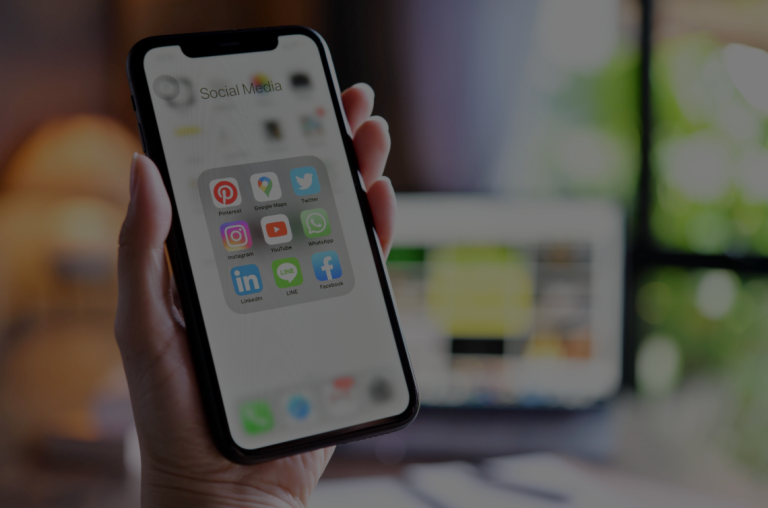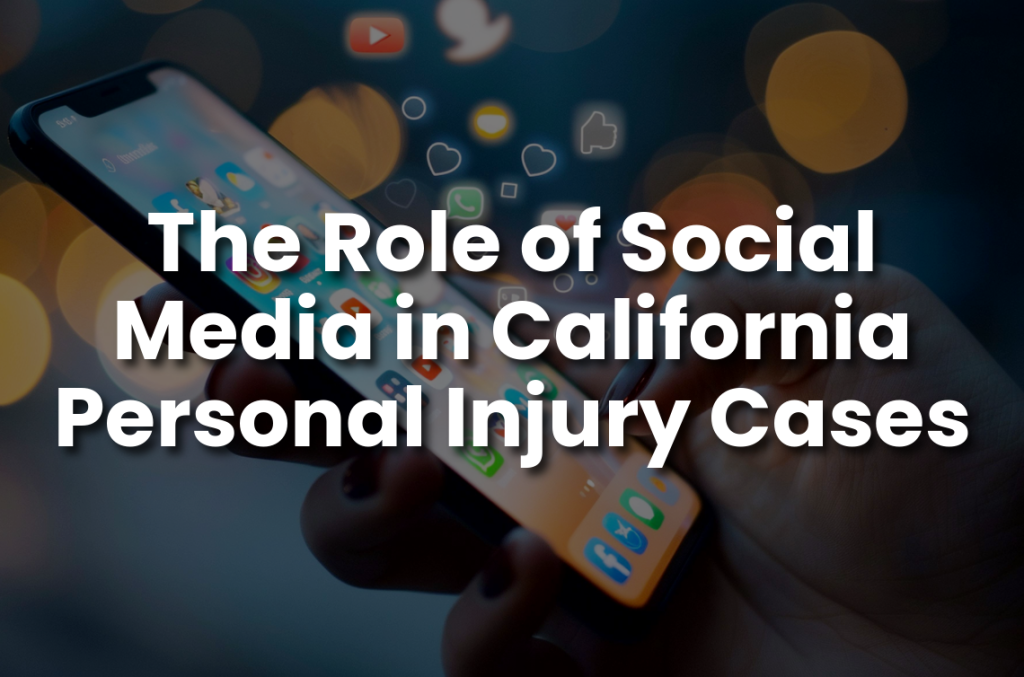When you’re hurt, people want updates. A quick post can feel harmless, something to say “I’m okay,” a photo from the weekend, a check-in at the gym. But during a personal injury case, social media can be used to raise doubts, shift blame, or reduce what insurers offer. The goal here isn’t to scare you; it’s to give you simple, California-focused guidance you can use right now.
1) Why social media can hurt a legitimate claim
Insurance companies and defense lawyers routinely look for public posts, and can sometimes get private ones in discovery, to argue that injuries aren’t as serious or that you were partly at fault.
Common problems we see:
- Activity photos and check-ins. A single hiking pic or party photo can be twisted to suggest you’re more active than your medical records show.
- Casual comments about the crash. “I didn’t see the light” reads like an admission. Your own words online can be used against you.
- Friends’ tags. Posts by others can paint the wrong picture and still end up in your file.
- Deleting posts later. Once a claim is underway, removing content can be portrayed as destroying evidence.
2) California basics: what’s fair game and what courts look for
- Posts count as “writings.” Photos, captions, messages, if relevant and properly verified, they may be used in a case.
- Privacy settings help, but don’t shield. Private isn’t the same as protected. If it’s relevant, it can be requested.
- Your own statements carry weight. A short comment can matter more than you’d expect.
- Preservation matters. If something might be relevant, don’t delete it. Save it and talk to a lawyer about next steps.

3) Practical do’s and don’ts while your case is active
Do
- Pause posting about your accident, injuries, treatment, work status, or money.
- Tighten privacy on every platform and review old tags. Ask family and friends not to tag you for now.
- Keep records. If you already posted about the incident, save screenshots/exports and speak with your attorney.
- Answer questions offline. Share updates by text or phone instead of public posts.
Don’t
- Don’t share activity photos (travel, sports, gym) that can be misread.
- Don’t discuss fault, settlement talks, or strategy, not even in DMs.
- Don’t accept unfamiliar requests to follow or connect.
- Don’t scrub accounts after a crash. Deletions can cause bigger problems than the original post.
4) Simple message for family and friends
If loved ones want to help, here’s a plain language message you can send:
“I have an active injury claim, so please don’t post about my accident, health, work, or tag me in photos. If you’ve already posted something, don’t delete it, just let me know. Thanks for helping me keep things clean while I heal.”
5) When to bring in a lawyer
If you’re unsure about a post, a tag, or a message you already sent, ask an attorney before you do anything. A quick review now can prevent weeks of headaches later. We also help clients set simple boundaries with friends, preserve what needs preserving, and avoid avoidable fights with insurers
Talk with a California personal injury lawyer
You deserve the space to heal without having your online life used against you. Muhareb Law Group helps clients across Southern California navigate claims and avoid social-media pitfalls while we build the strongest case possible.
Free consultation. No fees unless we win. Call (909) 519-5832 or send us a message.
FAQs
Can the other side see private posts?
If they’re relevant, a judge can require you to produce them. Privacy settings are helpful, but they aren’t a legal shield.
Should I delete old posts?
No. Once a claim is reasonably on the table, deleting posts can be treated as destroying evidence. Save them and talk to your lawyer.
Is it okay to post “I’m okay” after a crash?
It’s better not to. Short updates can be taken out of context or used to minimize your pain and recovery.
What about friends tagging me?
Ask them not to tag you, and untag yourself where you can. Don’t ask them to delete posts, just keep track and let your attorney advise.
